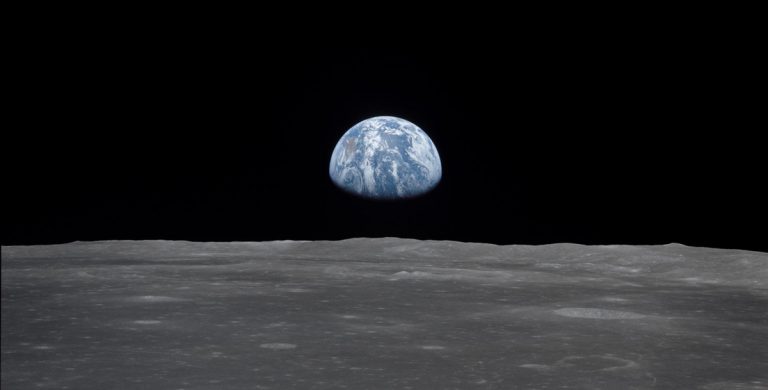
On 21 July 1969 (Australian time), the world watched as Apollo 11 astronauts Neil Armstrong and Edwin (‘Buzz’) Aldrin became the first people to walk on the Moon. Over the following two and a half years, there were five more successful landings, ending with Apollo 17 in December 1972. It was a thrilling time, but mixed in with the excitement was a moment of tragedy, a near-disaster, and several astronauts becoming unpopular by being a little naughty!
The first crewed landing was a decade in the making, and without doubt a race. Two different series of flights called Mercury and Gemini were necessary as a prelude to the Apollo program, several of which carried astronauts whose names were to become more well known as they made trips to our satellite.
Martin will present an overall picture of the Apollo program and its lead-up activities, reflecting also on his own memories of that great period.
About the speaker:
Martin George is the manager of QVMAG’s Launceston Planetarium. He is a Fellow and former President (2005-2006) of the International Planetarium Society, covering three quarters of the world’s planetarium professionals. He is a member of several other astronomy-related professional organisations, including the International Astronomical Union.
Martin was born in the UK and educated in Tasmania. He writes regular newspaper articles, and makes frequent appearances on radio and television to discuss exciting events in astronomy and space research. He has monthly astronomy programs on ABC Northern Tasmania and Launceston’s City Park Radio, and fortnightly national programs on ABC Local Radio.
He has kept close links with the University of Tasmania, and has on many occasions presented undergraduate courses in astronomy at the University’s Launceston Campus. He frequently speaks to community groups and the public on astronomical topics.
